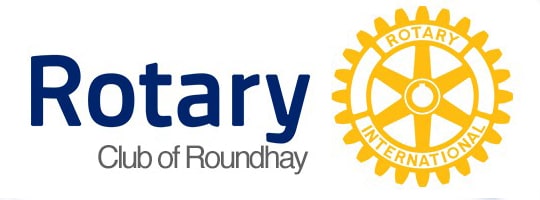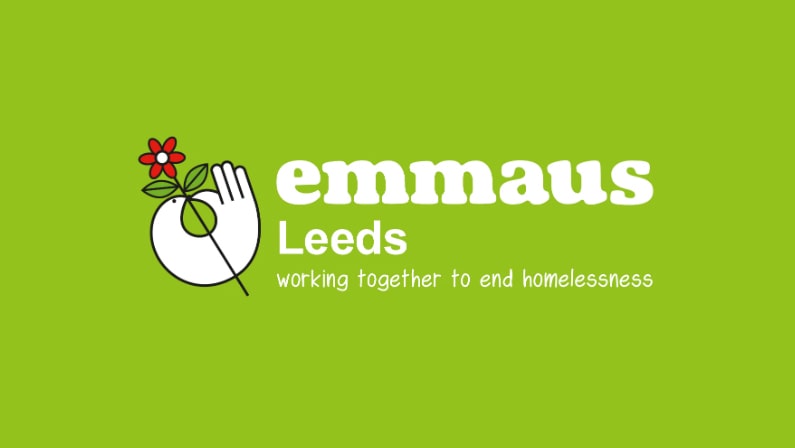This week we were visited by Mark Lister, Chair of the trustees of the Charity Emmaus Leeds.
He explained that Emmaus Leeds is an independent charity, but part of a worldwide movement founded by a French Catholic Priest Abbe Pierre, a member of the Resistance in Paris during World War II. In 1949, he founded the Emmaus movement, with the goal of helping poor and homeless people and refugees in Paris. ‘Emmaus’ refers to the passage in Luke’s Gospel where after Christ had risen from the dead, he revealed himself to two men on the road from Jerusalem to Emmaus.
The name Emmaus has become associated with hope, but the Emmaus movement is secular. Abbe Pierre started making shelters for the homeless in his garden and created a community of 18 people, referred to as ‘companions’. The companions were inspired by the ideals of self-sufficiency and solidarity, aiming to work their way out of homelessness and to help others along the way.
From this beginning a federation of 350 communities across 37 countries has grown up. The first community in the UK was established in 1990 in Cambridge. There are now 30 separate communities here and currently Terry Waite is the President, and Queen Camilla the patron.
In Leeds, the community was opened in 2003. They have flourished, and celebrate their 20th anniversary later this year.
Emmaus Leeds is based in a large building, formerly St Charles School, in St Mary’s Street, Lincoln Green LS9 7DP. The ground floor is warehousing, the first floor has a shop and offices, and above are two floors of accommodation for the companions, with 26 separate rooms complete with en suite facilities. They have a dining room, kitchen, games room, and a TV room.
Emmaus supports people to work their way out of homelessness. They provide a safe home and meaningful work for as long as needed. Their income is generated by collecting items of furniture, electrical goods, books and records, and clothing from donations or house clearances; doing any necessary repairs in the workshop and then selling what they have collected in their shop and on line.
There is plenty of work to be done. Companions are expected to put in a 40 hour week, including going out in vans collecting and sorting. They receive on the job training, and acquire useful skills such as PAT testing and fork lift driving. In line with their ideal of solidarity, they also help the local community, for example putting on a regular Sunday lunch for local residents. In addition to their paid work, they may volunteer, for example to help other homeless charities.
Mark told us that in his experience much homelessness is often a product of drug and alcohol addiction and severe mental health problems, but that there are others who are simply overwhelmed by a crisis such as redundancy or loss of a partner, soon lose their accommodation and find themselves on the streets with no idea how to get their lives back on track.
Emmaus are able to offer places to about one in ten of those applying, the others being ruled out by severe mental health problems, continuing substance abuse, or simply a reluctance to commit to regular work. They are referred on to other specialist homelessness charities such as Simon on the Streets, who work with rough sleepers.
[A footnote : Rotarians may remember Gordon Laing, the general manager of Simon on the Streets, who visited the club in July 2017. In a previous life he was a major in the Royal Military Police, and we have seen him since at our Beer Festival with his band Snake Oil. ]
The companions whom Emmaus are able to help have their accommodation and food provided, signing over their housing benefit, and they receive an allowance. Part of their money is saved for them, enabling a fund to accumulate to help with moving on costs. They run the community themselves, cook all their own meals and arrange their own social life including outings, for which they have the use of a minibus. About a quarter of them are women.
There are 13 paid staff working alongside the companions, together with a team of volunteers.
On average, companions stay for three years before making the difficult transition to independent living.
The charity has two sets of move-on accommodation, which protects the companions from exploitative landlords, and is in urgent need of donations to provide more.
Mark’s told us that the companions benefit hugely from the stability and sense of self-worth the charity is able to offer.
President Jacqui Ridsdale has chosen Emmaus as this year’s President’s Charity . She thanked Mark for his most instructive talk, and was able to pass on a carload of donated clothes for sorting.

